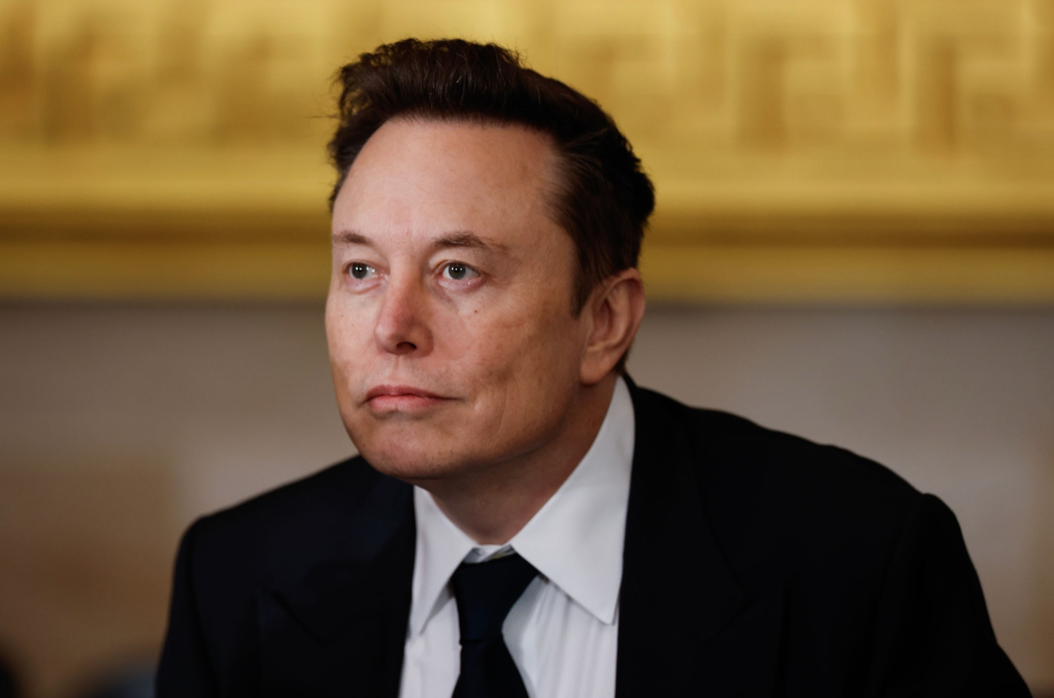Gavin Newsom. Photo: Justin Sullivan / Getty Images
In response to the new wave of Donald Trump’s customs policy, California Governor Gavin Newsom said that his state would seek separate trade agreements with countries around the world to avoid possible sanctions and retaliatory tariff strikes. This is reported by France Presse, citing statements by officials.
“The tariffs announced by Donald Trump do not reflect the will of all Americans,” Newsom said in a video message posted on social media. We are a reliable, stable partner for the world and future generations.”
Following Trump’s announcement of a 10% base tariff on all imported goods, with “mirror” increases of up to 50% depending on the policy of a particular country, trade tensions have risen around the world. The EU has already been hit with a 20% tariff, and China with a 34% tariff. The automotive industry will be particularly affected, with the new US tariff of 25%.
TO OUR TRADING PARTNERS AROUND THE GLOBE — California is here and ready to talk.
— Gavin Newsom (@GavinNewsom) April 4, 2025
We will not sit idly by during Trump’s tariff war.
We make up 14% of the US GDP. We're the 5th largest economy in the world.
We’re not scared to use our market power to fight back against the… pic.twitter.com/yTfbcWW1sO
In response, Beijing announced mirror duties of 34% on all goods from the United States, starting on 10 April.
What Newsom offers
The governor called on California’s long-standing trading partners not to apply the same duties to it as to the rest of the US. According to him, the state is already working to find strategic foreign economic agreements and new formats of cooperation.
“California is the fifth largest economy in the world. We will not be hostage to geopolitical games,” he said in his official address.
California diplomacy?
This move can be seen as an attempt to separate California’s image and economic policy from the US federal government. This is not the first time Newsom has positioned his state as a liberal alternative to Trump’s policies, especially on climate change, minority rights and international cooperation.

















